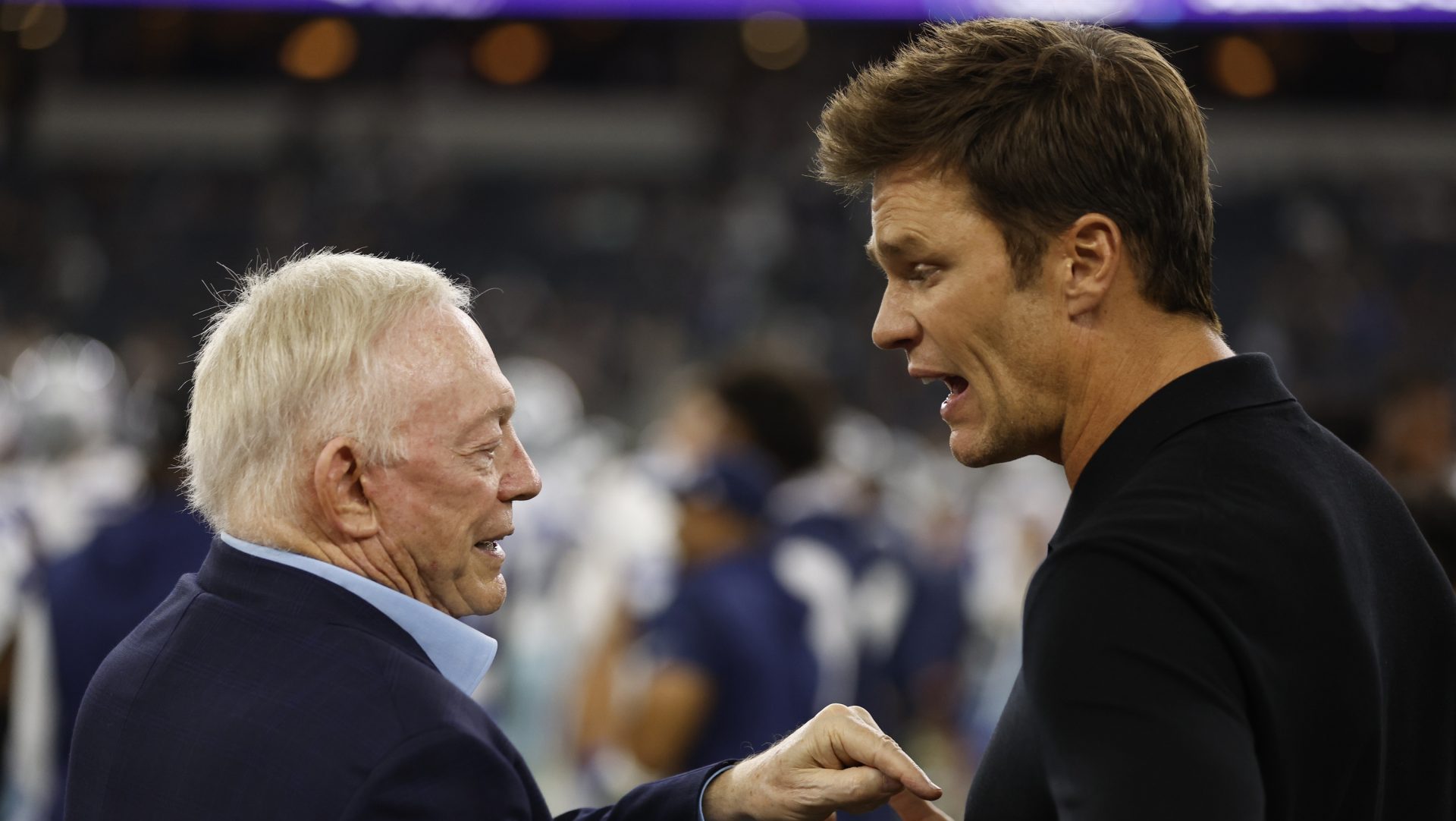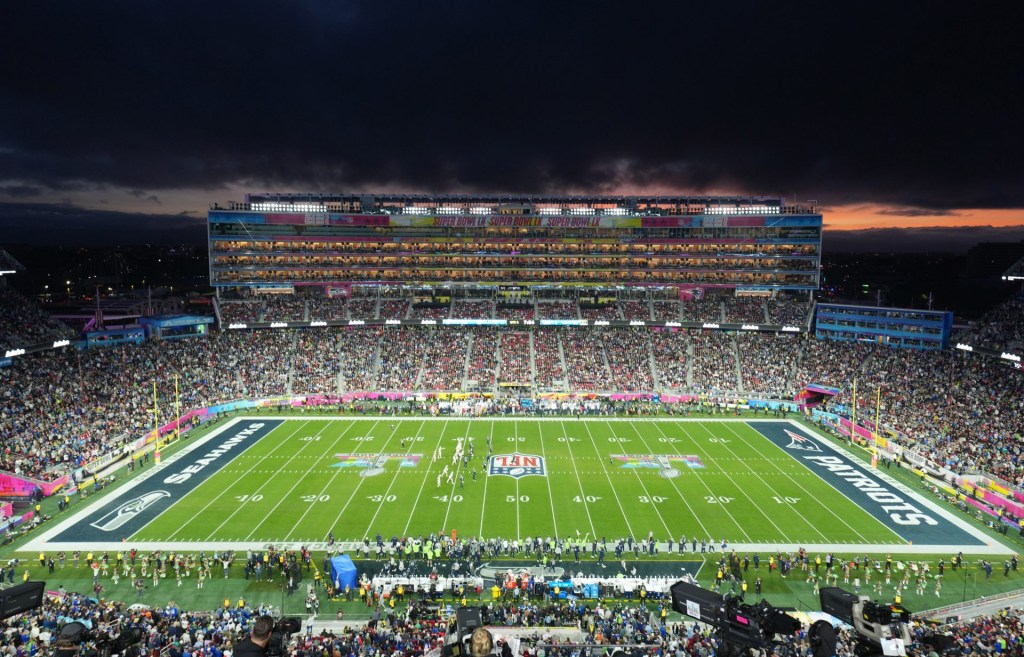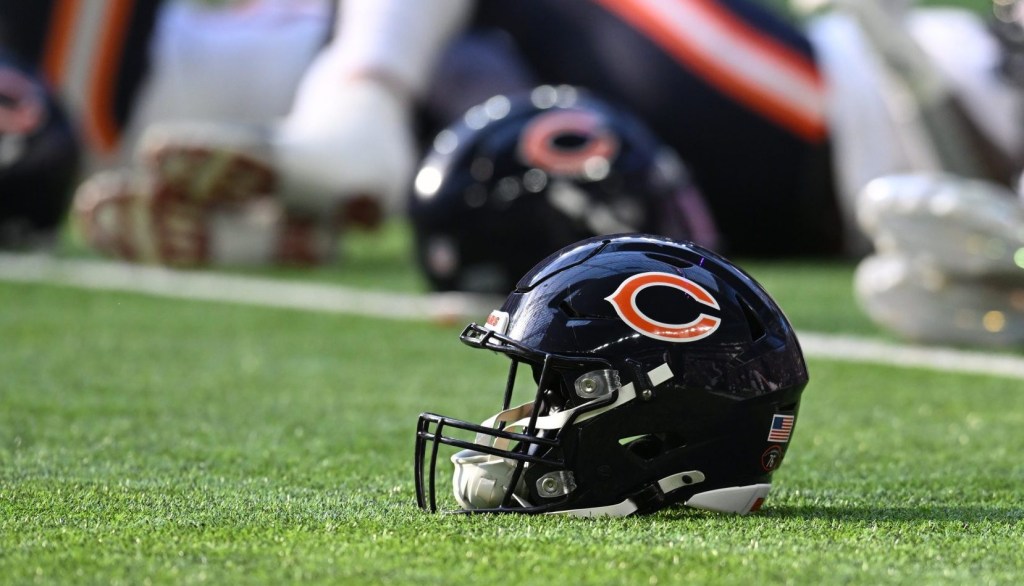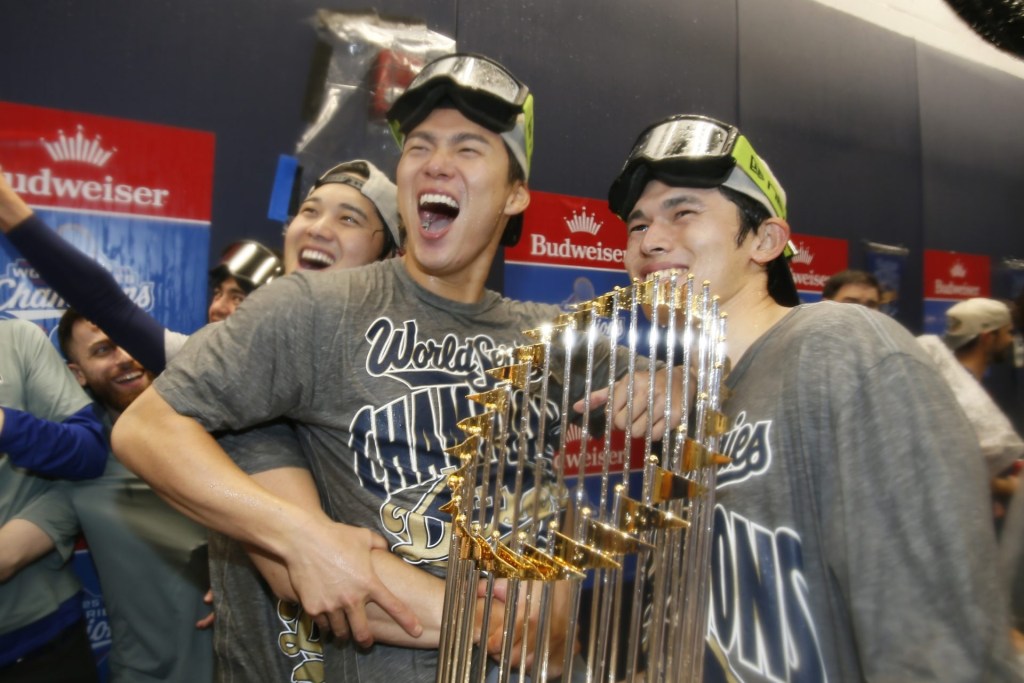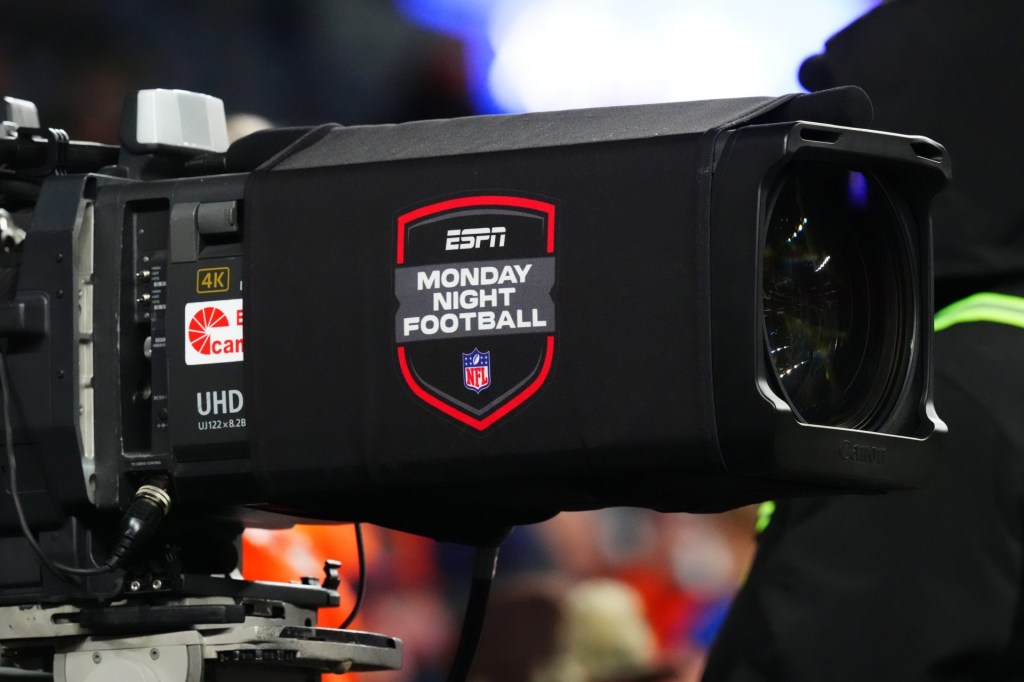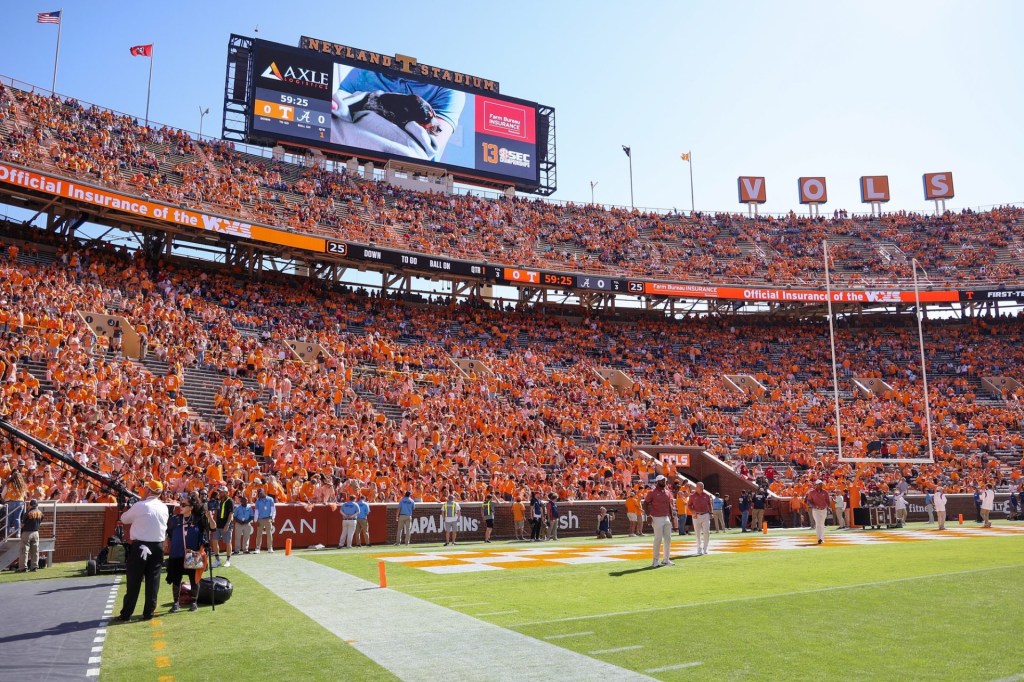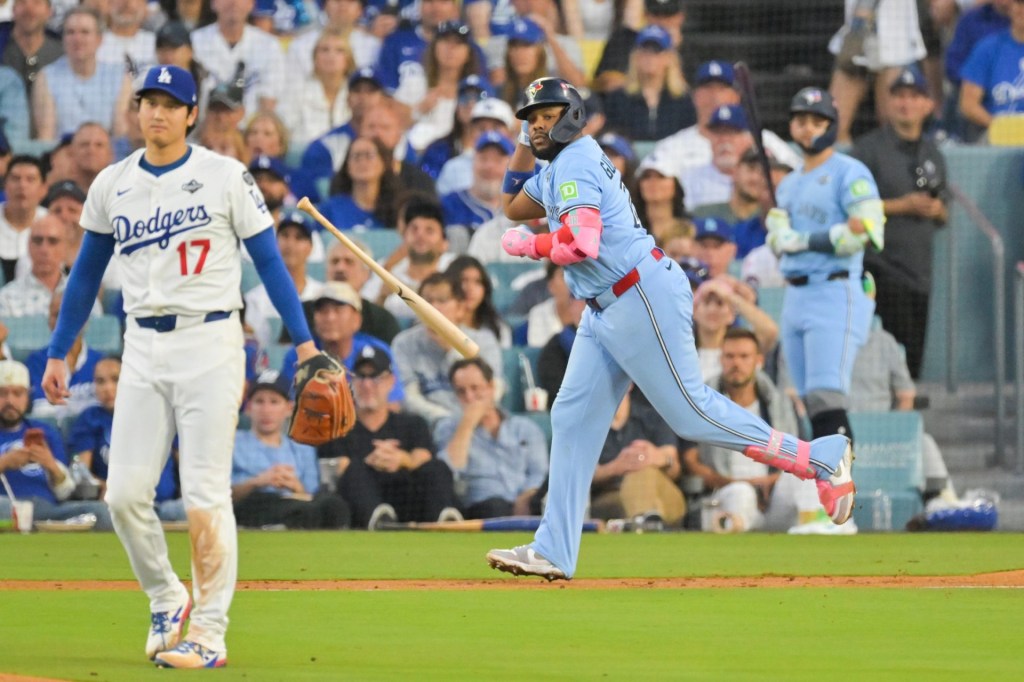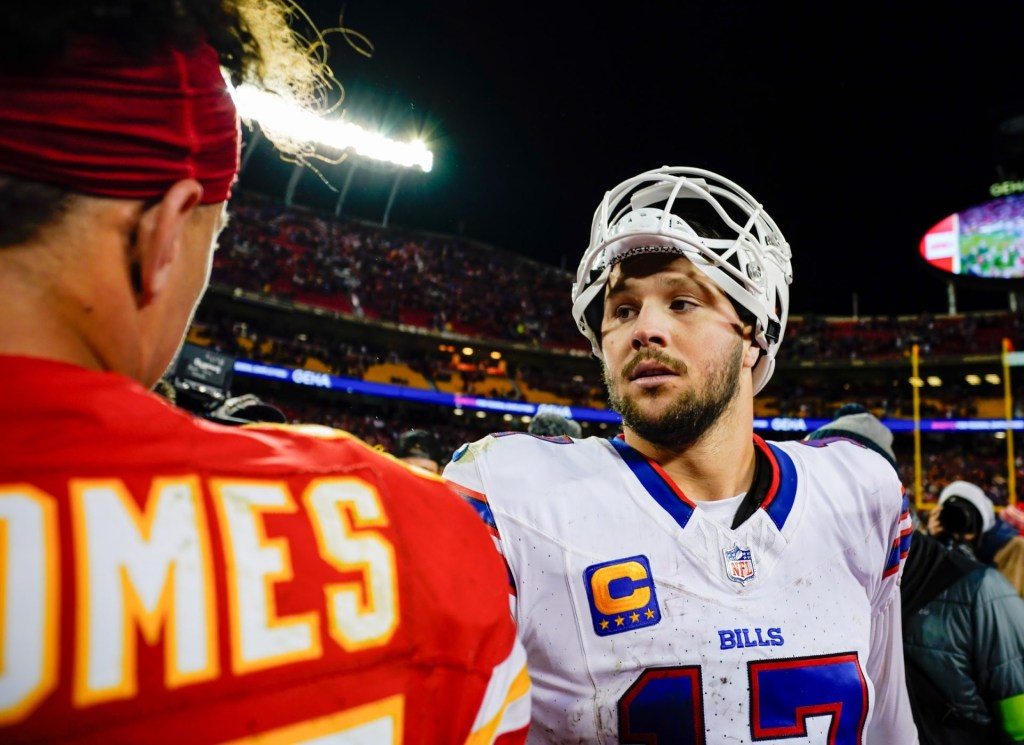Tom Brady will return to the play-by-play booth for his second season as a Fox broadcaster Sunday to call the Week 1 Giants-Commanders game. Once again, his performance as an analyst will get scrutinized and picked apart by critics who say he isn’t good enough at the job to deserve his 10-year, $375 million deal and the top spot that previously belonged to Greg Olsen. Of course, Brady is used to ignoring critics—and proving them wrong on the field.
But any critics focused on the possible conflict of interest in Brady calling games when he is also part-owner of the Raiders have been answered: The league doesn’t see an issue.
The immediate loosening of the so-called “Brady Rules” proves it.
The NFL last week confirmed Brady will be able to join the production meetings with players and teams that he was barred from joining last season due to the conflict of being a part-owner. He simply can’t join in person at team facilities or hotels, only remotely. It’s worth noting that most production meetings happen remotely, so Brady will miss very little.
“We evaluated the policy after his first year and believed it was fine for him to participate remotely in a production meeting,” an NFL spokesperson said.
So there you have it: “This is fine.”
That is a common take when you ask people in and around the NFL, though just over a year ago, even Chiefs owner Clark Hunt said before Brady’s ownership stake was approved, “I think a lot of owners around the league felt that was a potential conflict.” Oh well.
The defense I keep hearing is: He’s the GOAT. He’s earned the right. And his stature is so great that everyone shrugs off the conflict.
Two fellow NFL TV personalities I asked about the conflict had a similar reasoning.
Logan Ryan, who won two Super Bowls playing with Brady and is now a CBS analyst, told me on an episode of Portfolio Players, “What Tom is doing, it’s never been done, having the GOAT of their sport commentate game to game. … I thought he got better throughout the year. I know everybody was blown away by his work ethic and just his personality. I enjoyed him doing the Super Bowl. And if I know Tom, I know he’s going to put the work in to improve.” (One retort to Ryan’s rave: Joe Montana, considered by many to be the greatest QB before Brady, was an NBC analyst for just one season.)
ESPN analyst Ryan Clark, speaking at our Huddle in the Hamptons event in August, told me, “If the greatest of all time can’t find a way to do both things … then nobody gets that opportunity. … If you’re the Las Vegas Raiders, absolutely you want a man who’s been there, done that, experienced everything, and also seen every single level of being a player. … And to be able to give that knowledge to a team, and then also the viewers who are watching the game, in my opinion, Tom Brady is entitled to that because he earned that.”
If you ask me, Brady being a team owner and a broadcaster is an obvious conflict.
Raiders owner Mark Davis last September said Brady “is the one now to take this organization into the future, on the football side,” and then in January said Brady is “somebody on the football side that I had been lacking having here in the organization.” That sounds like Brady is far from a passive stakeholder.
And in an appearance on Front Office Sports Today last month, Brady’s comments appeared to suggest the same: He said he views his stakes in the Raiders and Birmingham City FC not “from a business standpoint,” but “from a purpose-driven standpoint. … I enjoy the process and the product that happens on the field.” That sounds like getting involved in gameplay. Is it right for a broadcaster to be analyzing on-field performance of teams when he’s advising one team on theirs?
But NFL fans I’ve asked simply do not seem to care. I thought at the very least he wouldn’t be allowed to call Raiders games—but nope, no restriction there, either. The league has made its stance clear: There are different rules for Tom Brady.
